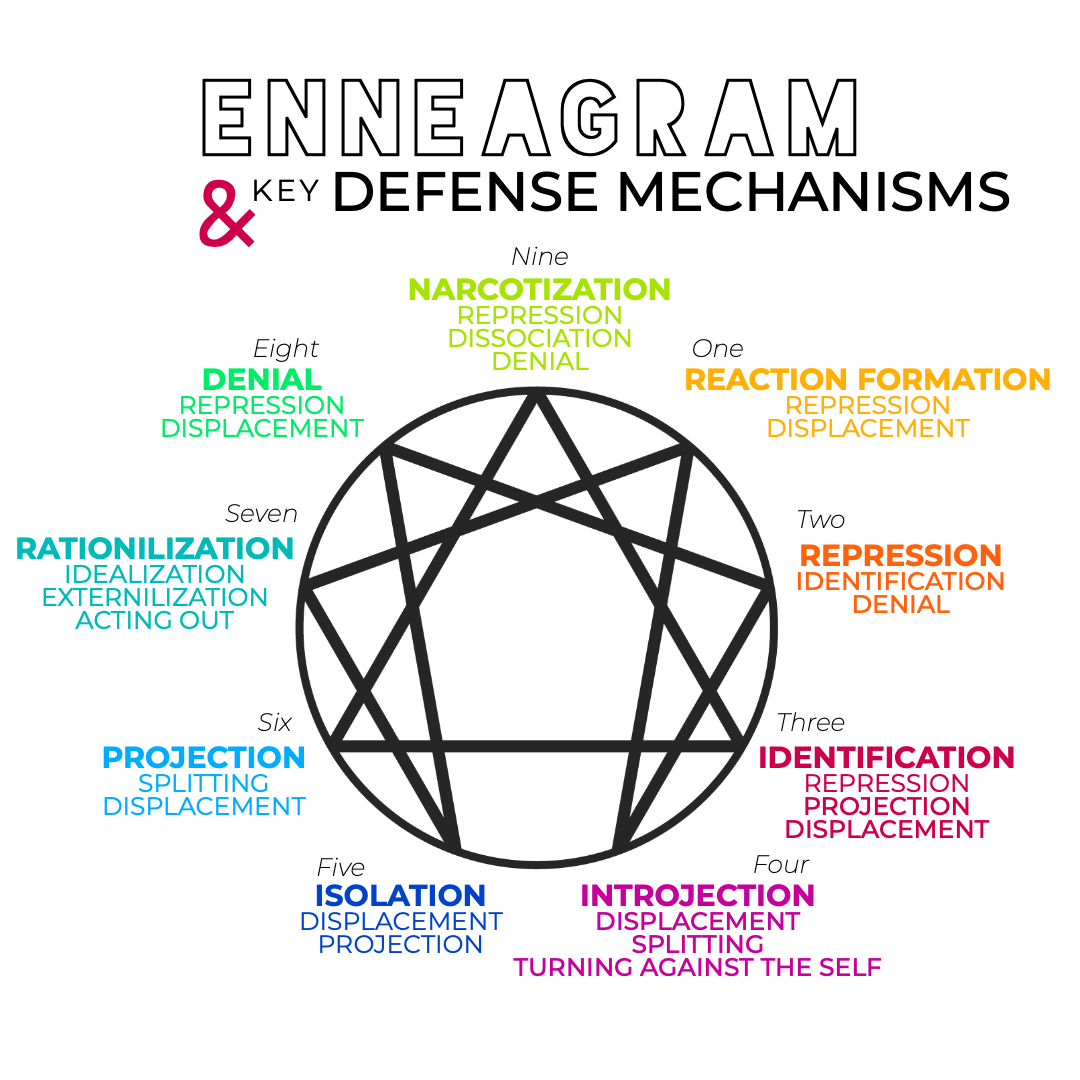- Joined
- Sep 28, 2008
- Messages
- 12,523
- MBTI Type
- JINX
- Enneagram
- 5w6
- Instinctual Variant
- sp/sx
Found this the other day. Little basic, but still interesting.
Defense Mechanisms: Test Your Unconscious Coping Techniques | Psychologia
My result:
Your scores for each defense mechanism can be found below. The higher the score, the more you use it.
Regression: 0
Displacement: 0
Denial: 0
Repression: 0
Intellectualization: 40
Reaction formation: 0
Projection: 0
Compensation: 10
Please see the explanation below.
Feels accurate enough for me, though I’ve never really seen intellectualizing as a problematic coping response, in my case, specifically because I don’t dismiss my feelings in the process. I still acknowledge the bad feeling/allow myself to experience it, but I also try to figure out what the heck is going on. Taking apart the situation by learning about it/finding a solution helps me to resolve the problem that caused the negative emotional response to begin with, or helps me to accept/process the negative emotions in the event there’s nothing I can do to ‘solve’ the problem itself. It kind of helps me to give myself ‘permission’ to overtly express feeling shitty, because I feel like I’ve at least explored ways to resolve the issue myself before actively or passively burdening others with it... if that makes sense. Not that anyone needs permission to express such feelings, but it’s definitely a weird stopover in my brain, at times.
Defense Mechanisms: Test Your Unconscious Coping Techniques | Psychologia
My result:
Your scores for each defense mechanism can be found below. The higher the score, the more you use it.
Regression: 0
Displacement: 0
Denial: 0
Repression: 0
Intellectualization: 40
Reaction formation: 0
Projection: 0
Compensation: 10
Please see the explanation below.
Intellectualization:
Psychological intellectualization is an attempt to deal with frustration and anxiety by leaving our emotions behind and concentrating on the rational analysis of upsetting events.
An example of this would be a patient diagnosed with a serious illness who deals with his anxiety by reading everything he can find about his diagnosis.
Compensation:
Psychological compensation is an attempt to compensate for real or imagined flaws in one area by excelling in another area.
For example, someone who fails academically may compensate by becoming a great athlete, or someone who is physically weak may compensate by concentrating on their studies or career.
Unattractive people may compensate by becoming great lovers or attentive partners.
Compensation may be positive or negative. While positive compensation helps overcome challenges, negative compensation increases the feeling of inferiority.
Psychological intellectualization is an attempt to deal with frustration and anxiety by leaving our emotions behind and concentrating on the rational analysis of upsetting events.
An example of this would be a patient diagnosed with a serious illness who deals with his anxiety by reading everything he can find about his diagnosis.
Compensation:
Psychological compensation is an attempt to compensate for real or imagined flaws in one area by excelling in another area.
For example, someone who fails academically may compensate by becoming a great athlete, or someone who is physically weak may compensate by concentrating on their studies or career.
Unattractive people may compensate by becoming great lovers or attentive partners.
Compensation may be positive or negative. While positive compensation helps overcome challenges, negative compensation increases the feeling of inferiority.
Feels accurate enough for me, though I’ve never really seen intellectualizing as a problematic coping response, in my case, specifically because I don’t dismiss my feelings in the process. I still acknowledge the bad feeling/allow myself to experience it, but I also try to figure out what the heck is going on. Taking apart the situation by learning about it/finding a solution helps me to resolve the problem that caused the negative emotional response to begin with, or helps me to accept/process the negative emotions in the event there’s nothing I can do to ‘solve’ the problem itself. It kind of helps me to give myself ‘permission’ to overtly express feeling shitty, because I feel like I’ve at least explored ways to resolve the issue myself before actively or passively burdening others with it... if that makes sense. Not that anyone needs permission to express such feelings, but it’s definitely a weird stopover in my brain, at times.



 I think everyone scored high in some mechanism or another. These aren’t even all of them, as Lumi pointed out in an earlier post.
I think everyone scored high in some mechanism or another. These aren’t even all of them, as Lumi pointed out in an earlier post. 

